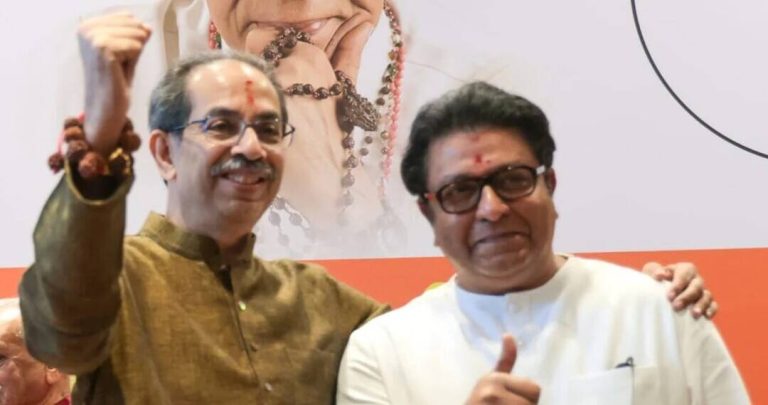
Jio urges govt to change net neutrality rules of India
The Indian telecom industry is on the cusp of a significant transformation with the rollout of 5G services. As the country prepares to harness the potential of this cutting-edge technology, Reliance Jio, one of the leading telecom operators, has urged the government to review India’s net neutrality rules. The company has asked the Telecom Regulatory Authority of India (TRAI) to allow for differentiated 5G network-slicing-based services, which would enable specialized services like guaranteed speeds and low-latency gaming.
At the heart of Jio’s plea is the concept of 5G Standalone (SA) network architecture, which offers a more advanced and flexible framework for delivering specialized services. According to Jio, 5G SA enables the creation of multiple virtual networks, each optimized for specific use cases, without compromising the quality of service for regular users. This, the company argues, would unlock new revenue streams and drive innovation in the telecom sector.
One of the key benefits of 5G SA is network slicing, which allows multiple independent networks to coexist on the same physical infrastructure. Each slice can be customized to meet the specific requirements of a particular application or service, such as IoT, gaming, or mission-critical communications. This would enable telecom operators to offer differentiated services with guaranteed quality of service, including speeds, latency, and reliability.
Jio’s proposal is not without precedent. Global regulators, such as the Federal Communications Commission (FCC) in the United States and the European Commission, have already adopted more flexible frameworks to accommodate the needs of 5G services. These frameworks recognize the potential of 5G to enable a wide range of innovative applications and services, which may require specialized network capabilities.
However, the issue of net neutrality remains a grey area in India. The current rules, which were put in place in 2018, prohibit telecom operators from discriminating against any content or service on their networks. While these rules were intended to protect the open nature of the internet and prevent operators from favoring their own services, they may not be well-suited to accommodate the specialized requirements of 5G services.
Jio’s plea to the government is, therefore, a call for regulatory clarity on this issue. The company argues that allowing for differentiated 5G services would not harm regular users, as the specialized services would be delivered over separate virtual networks. This, Jio claims, would ensure that the quality of service for regular users remains unaffected, while also enabling the development of new and innovative services.
The implications of Jio’s proposal are significant. If the government were to accept the company’s plea, it could pave the way for a wide range of new services and applications, including low-latency gaming, virtual reality, and mission-critical communications. This, in turn, could drive economic growth, create new job opportunities, and enhance the overall quality of life for Indian citizens.
On the other hand, there are also concerns that allowing for differentiated 5G services could undermine the principles of net neutrality. Some argue that this could lead to a two-tiered internet, where specialized services are prioritized over regular traffic, potentially harming the interests of consumers and smaller businesses.
Ultimately, the decision to review India’s net neutrality rules will depend on a careful balancing of competing interests and priorities. The government will need to weigh the potential benefits of allowing for differentiated 5G services against the need to protect the open nature of the internet and ensure that all users have access to the same quality of service.
As the debate on this issue continues, one thing is clear: the rollout of 5G services in India is a significant opportunity for the country to harness the potential of this cutting-edge technology. With the right regulatory framework in place, India can unlock new economic growth, drive innovation, and enhance the overall quality of life for its citizens.
News Source: https://trak.in/stories/jio-wants-govt-to-change-net-neutrality-rules-for-standlone-5g-services/






